“When we listen with curiosity, we don’t listen with the intent to reply. We listen for what’s behind the words.”
— Roy T. Bennett
Curiosity — often mistaken for mere inquiry — is in fact a form of intellectual care. It even shares its etymological roots with "care" itself, originating from the Latin "cura", which is also where we get the word “curate” – the care of selection.
Curiosity evokes the essence of exploration and the foundation of genuine human connection. It is important in communities because it guides us beyond mere engagement metrics to the heart of what brings us together: the mutual quest for understanding and the joy of discovery. Curiosity is our innate desire to learn, to understand, and to connect on a level that transcends the superficial.
As community builders, we curate spaces that resonate with the vibrancy of engagement and the warmth of hospitality, grounded in the principle of curiosity.
Curiosity is a gift we start with in life but often lose.
If not ground down or burned away by the challenges of an uncaring world, curiosity often becomes a sacrifice we make for the sake of passing other people’s tests and conforming to expectations.
I have always been someone who insists on leading with curiosity – often at personal or professional expense – and this has led me into much wonderful and terrible trouble as a result.
Curiosity thrives in the spaces that efficiency overlooks. It delights in the beauty of detours and distractions that may, in hindsight, reveal themselves as destinations.
But as much as my curiosity has caused me trouble, it has also always been the thing that leads me safely home again.
My favourite people, regardless of age, identity, profession or politics, have always been those who similarly have somehow managed to keep their curiosity intact.
Eventually I turned my own curiosity towards the question of what we can learn from such people, and to my own surprise as a professional misfit and natural introvert who does not enjoy being the centre of attention, this has led me to build a community of people whose insistence on curiosity prevents them from fitting in boxes.
A Commitment to Not Knowing
“Where certainty ends, thinking begins.”
— Hannah Arendt
Embracing curiosity means celebrating the space between certainty and the unknown. It is about cultivating a mindset that delights in the unforeseen turns and unexpected insights that emerge from our interactions.
As builders and organisers, our instinct often drives us to mitigate risk by cultivating environments that are safe, predictable, and governed by predefined outcomes. We operate under the belief that such control is the highest form of respect for the time and attention of those with whom we engage.
In an age where immediacy is king and answers are but a click away, the courage to dwell in the realm of questions rather than rush towards solutions becomes increasingly rare.
Carving out space for curiosity can feel like a waste of time, especially when we are in a hurry to get somewhere.
But in my experience in the communities I have been part of, the moments that people remember as the most magical are almost always the ones that were unexpected and unplanned.
Curiosity thus invites a kind of dance with inefficiency.
It thrives in the spaces that efficiency overlooks, finding expression in the personal touch, in the one-on-one interactions that don’t scale, and in the willingness to explore ideas without immediate application. It delights in the beauty of detours and distractions that may, in hindsight, reveal themselves as destinations.
This dance with inefficiency is where the magic of community building truly happens.
As community builders, by relinquishing the compulsion to always know where we are going in advance, we can champion a culture steeped in curiosity, where genuine connections are forged and where the soul of community is nurtured.
Why does curiosity matter?
By developing a commitment to not knowing, community builders create spaces where vulnerability is not just accepted but celebrated.
Leading with curiosity encourages all of us to remove our social armour, fostering a space where each member of our community feels safe enough to be seen and heard.
This openness paves the way for genuine discovery and innovation, transforming communities into dynamic entities that evolve with the contributions of each member.
Such communities are marked by a deep sense of belonging, where every individual feels valued not for the answers they hold but for the questions they dare to ask.
Communities that champion curiosity are marked by a deep sense of belonging, where every individual feels valued not for the answers they hold but for the questions they dare to ask.
In the end, curiosity is more than a trait – it is a practice, a way of engaging with the world and with each other.
Curiosity is a call to all community builders to create spaces for intentional inefficiency, for the unexpected conversations, and for the shared moments of discovery that define our humanity.
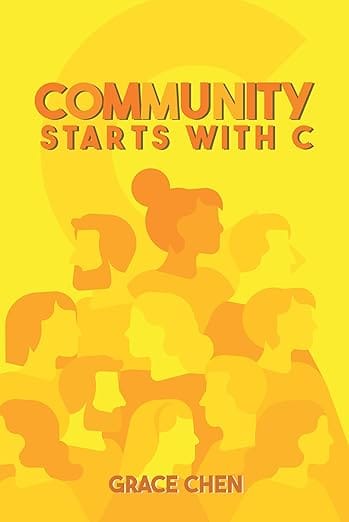
Learn more about community building
This article is featured in Community Starts with C, a captivating anthology curated by Grace Chen featuring insights from diverse community enthusiasts, each chapter delving into a different "C" word - from curiosity and constraint to compassion and celebration.
Still curious? Try these next...
Discover how we are cultivating a community ethos of curiosity and care:
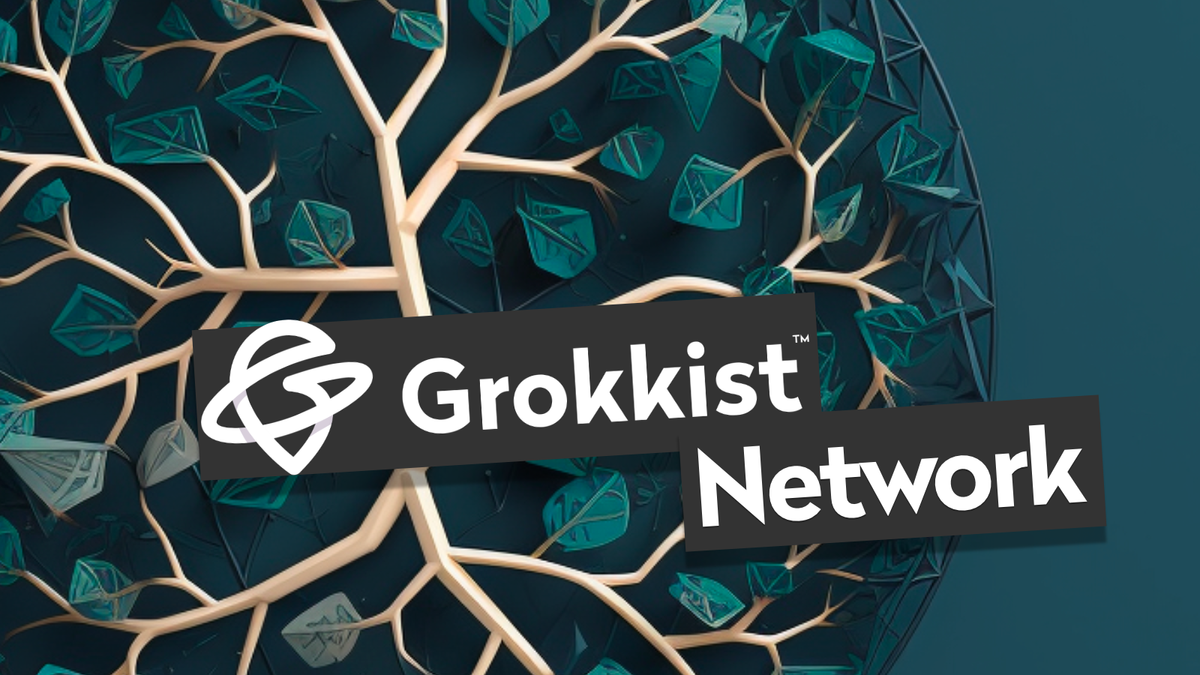
Go deeper into what it means to insist on relating to the world with curiosity and care:
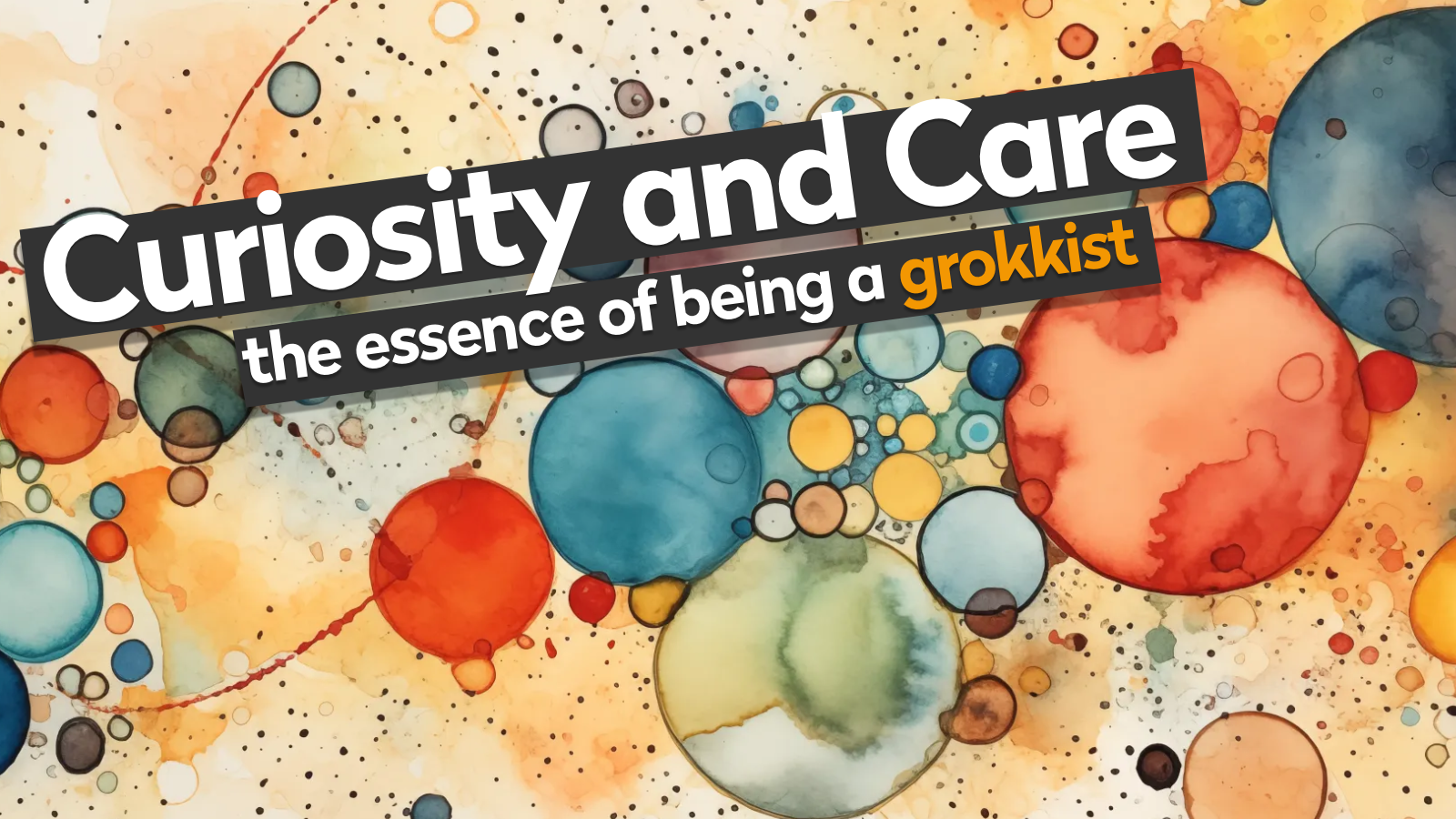

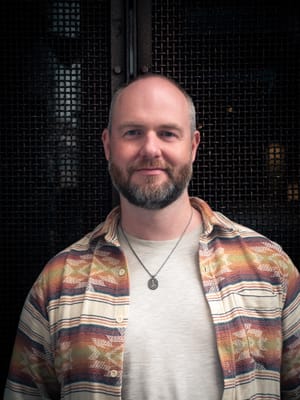
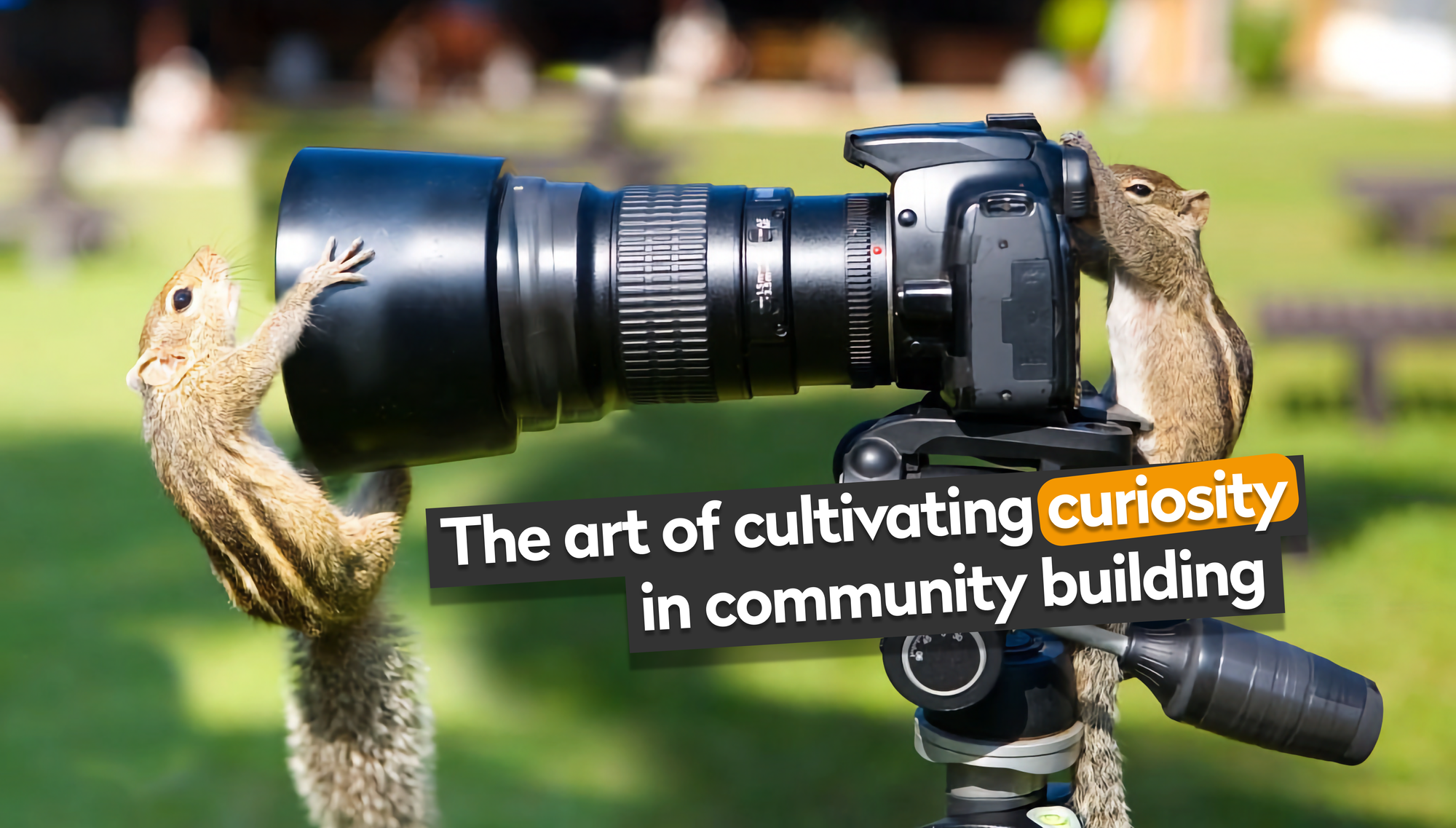




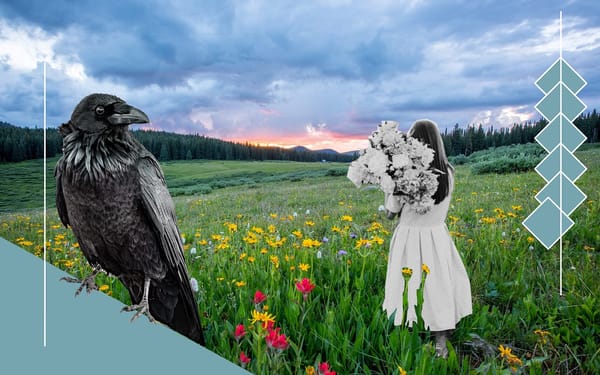
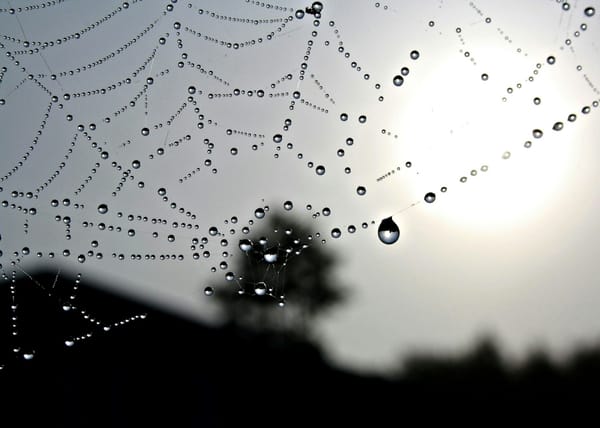


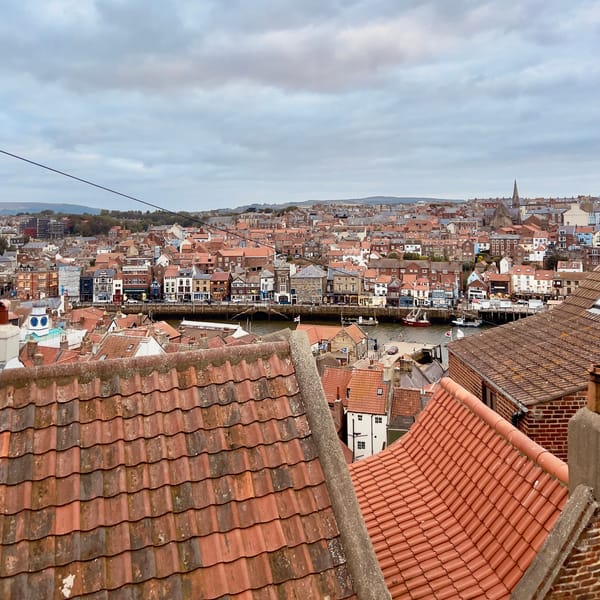
Member discussion